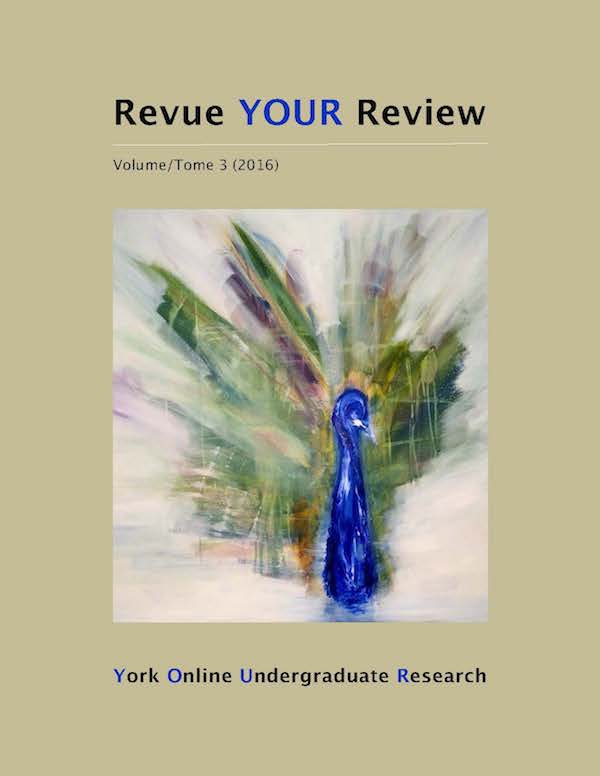Ditchin’ the Cafeteria: The Culture of Eating Lunch Out for High School Students
Keywords:
youth culture, qualitative research, identity, consumption, space and place, social capitalAbstract
Studies involving young people and food consumption have focused predominately on the “barriers” to accessing “good” food and its effect on health and/or the poor food choices of young people. Although relevant to young people’s lives, they tend to ignore the broader social, cultural, symbolic, and emotional roles involved in eating practices.
This research explores these broader sociocultural influences on food choice among high school students, and takes an ethnographic and exploratory research approach in order to examine the everyday food encounters of two high school students. A total of 2 participants aged 16 and 17 from separate high schools in the East Toronto area took part in this study. This research provides a unique insight into the ways in which these participants construct and mediate identity through food. Data was collected based on the accounts retrieved through an audio-recorded focus group session with the two participants. Additional data was collected through anonymous survey results, participant observation insights, and a scholarly literature review. The analysis found that three patterns emerge; space/place, social relationships, and social mobility.
How to Cite
Issue
Section
License
Authors contributing to Revue YOUR Review agree to release their articles under one of three Creative Commons licenses: Creative Commons Attribution 4.0 International; Creative Commons Attribution-NonCommercial 4.0 International; or Creative Commons Attribution-NoDerivatives 4.0 International. All editorial content, posters, and abstracts on this site are licensed under Creative Commons Attribution-NoDerivatives 4.0 International. For further information about each license, see:
https://creativecommons.org/licenses/
In all cases, authors retain copyright of their work and grant the e-journal right of first publication. Authors are able to enter into other contractual arrangements for the non-exclusive distribution of the e-journal's published version of the article (e.g., post it to an institutional repository or publish it in a book or in another journal), with an acknowledgement of its initial publication in this e-journal.


